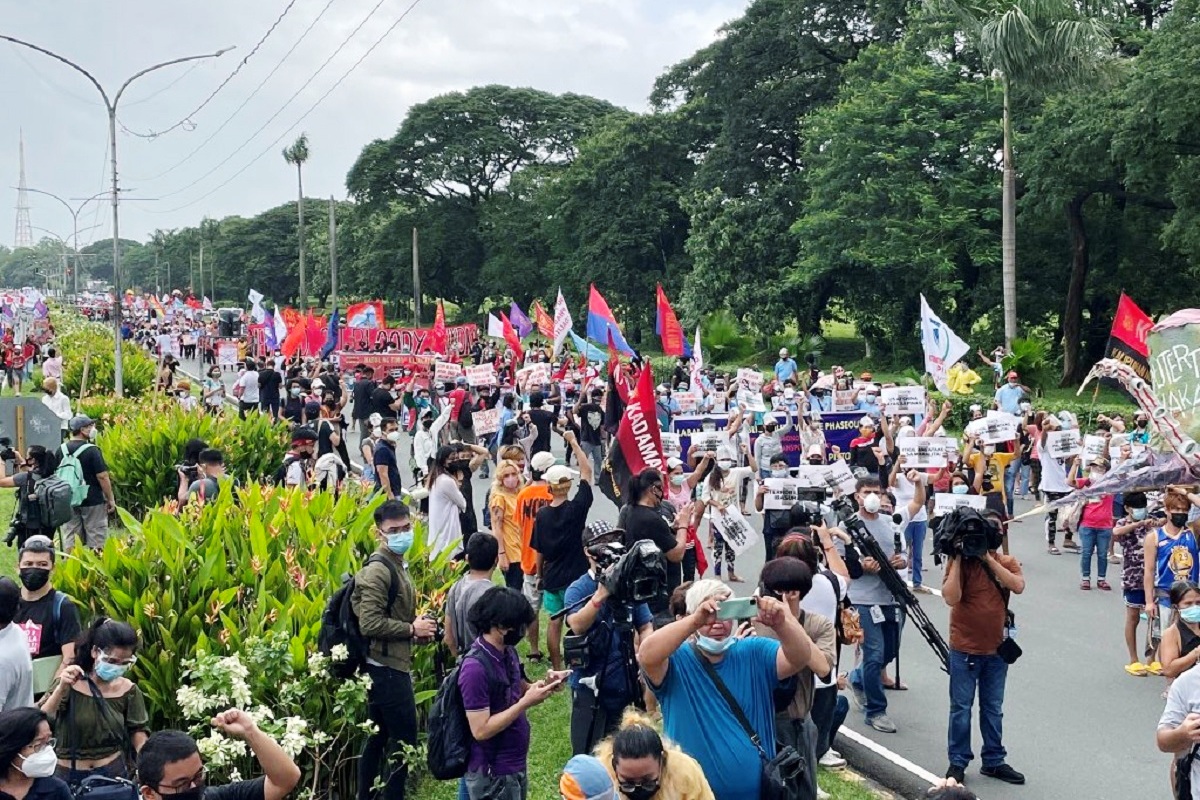Meta receives 47,538 reports via Indian grievance mechanism for FB, Insta in Sep
Social media giant Meta received 33,422 reports through the Indian grievance mechanism for Facebook in the month of September, and responded to all of these reports.
On his historic 2016 trip to Cuba, President Barack Obama had urged the island nation to support the expansion of the internet across the country and made internet access a priority issue for his administration’s Cuba policy.

(Image: Twitter/@linenuism)
Will the world, more specifically the United States of America, flatter to deceive the Cuban people once again? The spark for the ongoing anti-regime protests that broke out on the streets of Havana and elsewhere in the country on 11 July was provided by worsening economic conditions, a shortage of food, and the Communist dispensation’s failure to come through on longpromised economic and political reforms.
But the catalyst for the protests, most observers agree, was a Facebook live post which went viral. An analysis by a Brookings Institute expert of nearly four million Facebook posts from public pages and groups between 1 June 2019 and 20 July 2021, has shown that Cubans have become more engaged on Facebook, both in terms of the volume of content and average engagement with posts.
Since July 2019, when the Cuban government began lifting restrictions on internet access, content has grown steadily. In the lead up to the most recent wave of protests, average engagement with content on Facebook grew rapidly, spiking on 13 July, two days after the eruption of the protests and a day after the Cuban government restricted internet access.
Advertisement
Since then, the volume of and engagement with Facebook content has dramatically declined and it is yet to return to pre-protest levels, most likely as a result of government shutdowns. The focus of conversations ~ on the anger against the Communist regime ~ has not fundamentally changed. Policymakers and activists, however, need to be circumspect and not overemphasise the role of the internet in fomenting the protests.
The idea of the internet as liberation technology, as it were, first gained currency a decade ago during the height of the Arab Spring in which activists used social media to organise protests across West Asia. The internet’s potential to expand political, social, and economic freedoms in nations run by autocratic or authoritarian regimes and create “a new nervous system for our planet” was headlined globally in subsequent years.
On his historic 2016 trip to Cuba, President Barack Obama had urged the island nation to support the expansion of the internet across the country and made internet access a priority issue for his administration’s Cuba policy. President Joe Biden announced this week that he had imposed what are being regarded as token sanctions (on Cuba’s Defence Minister and the country’s special forces brigade for their role in the government’s violent suppression of the peaceful protests) but the focus of his administration is clearly on working with the private sector and the US Congress to look for ways to make the internet accessible to the people of Cuba.
Earlier this month, Washington had called on the Cuban government to restore full internet and telecommunications. But recognising the limitations of technology in effecting political change in authoritarian systems of governance ought to be a lesson learnt by the USA from the fizzling out of the Arab Spring and the continuing rise of China.
Advertisement